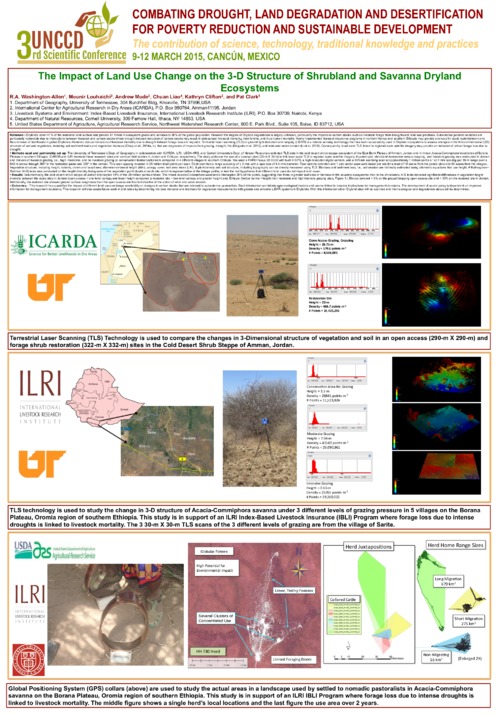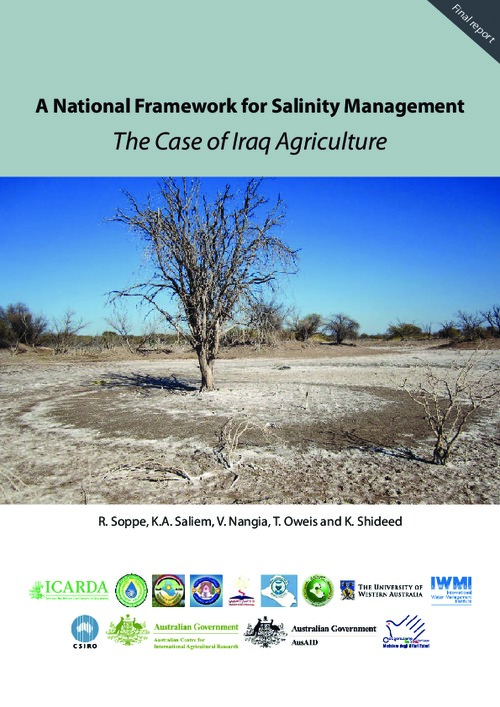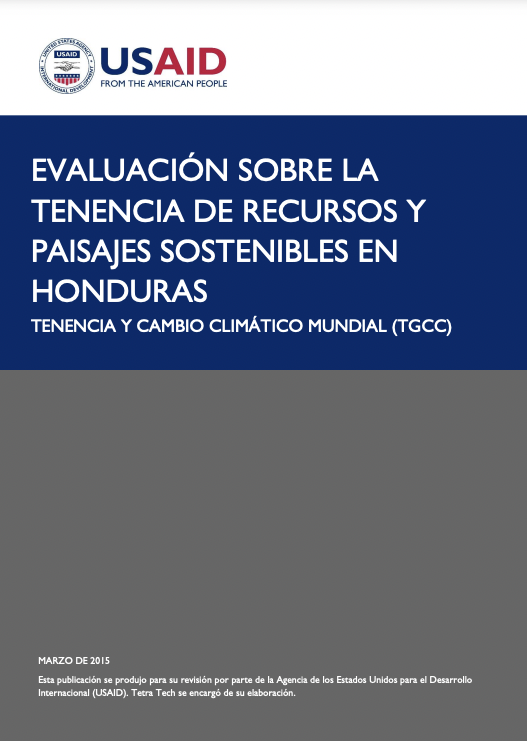The Impact of Land Use on the 3D Structure of Vegetation and Soils in a Cold Desert Ecosystem in Jordan
The University of Tennessee’s Dept. of Geography in collaboration with ICARDA, ILRI, USDA-ARS, and Cornell University’s Dept. of Natural Resources collected TLS data in the cold desert shrub-steppe ecosystem of the East Bank Plateau of Amman, Jordan and in mixed Acacia-Commiphora woodlands of Borana Plateau in southern Ethiopia.






